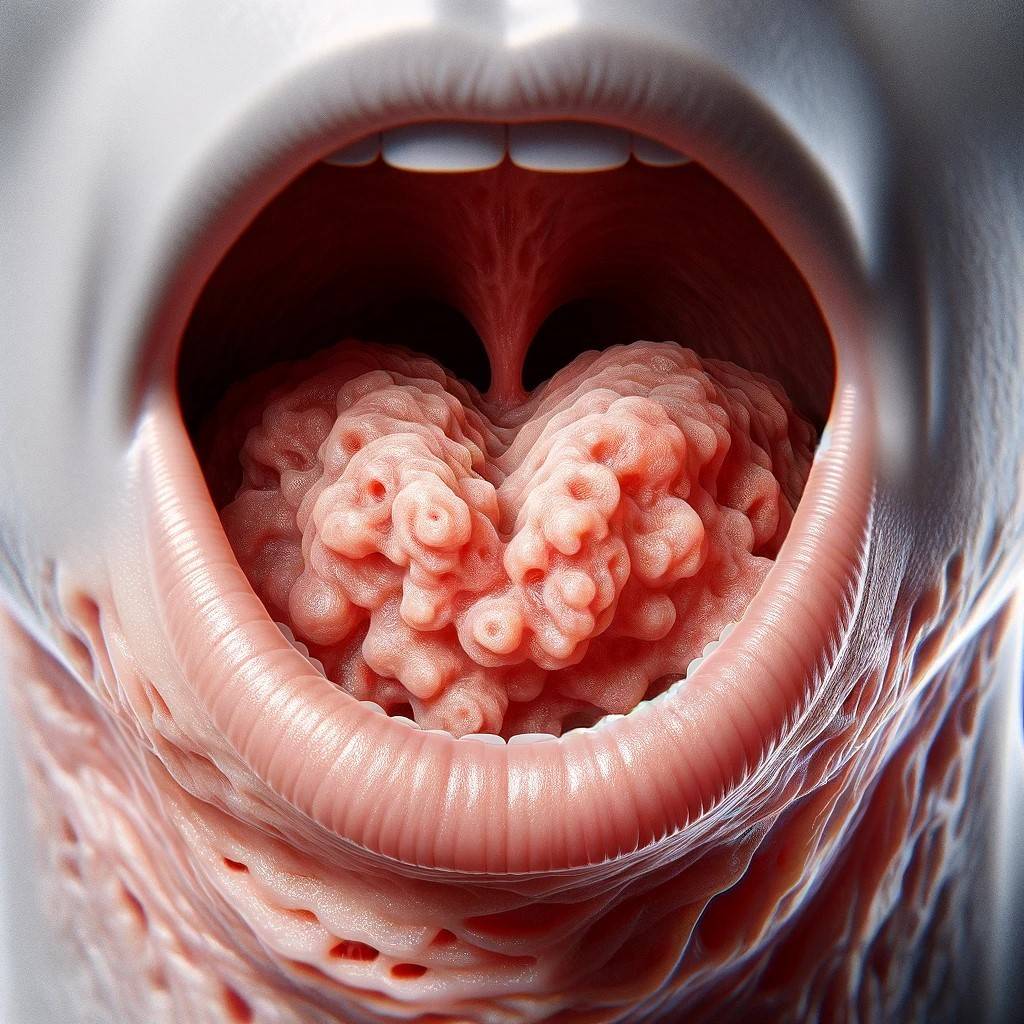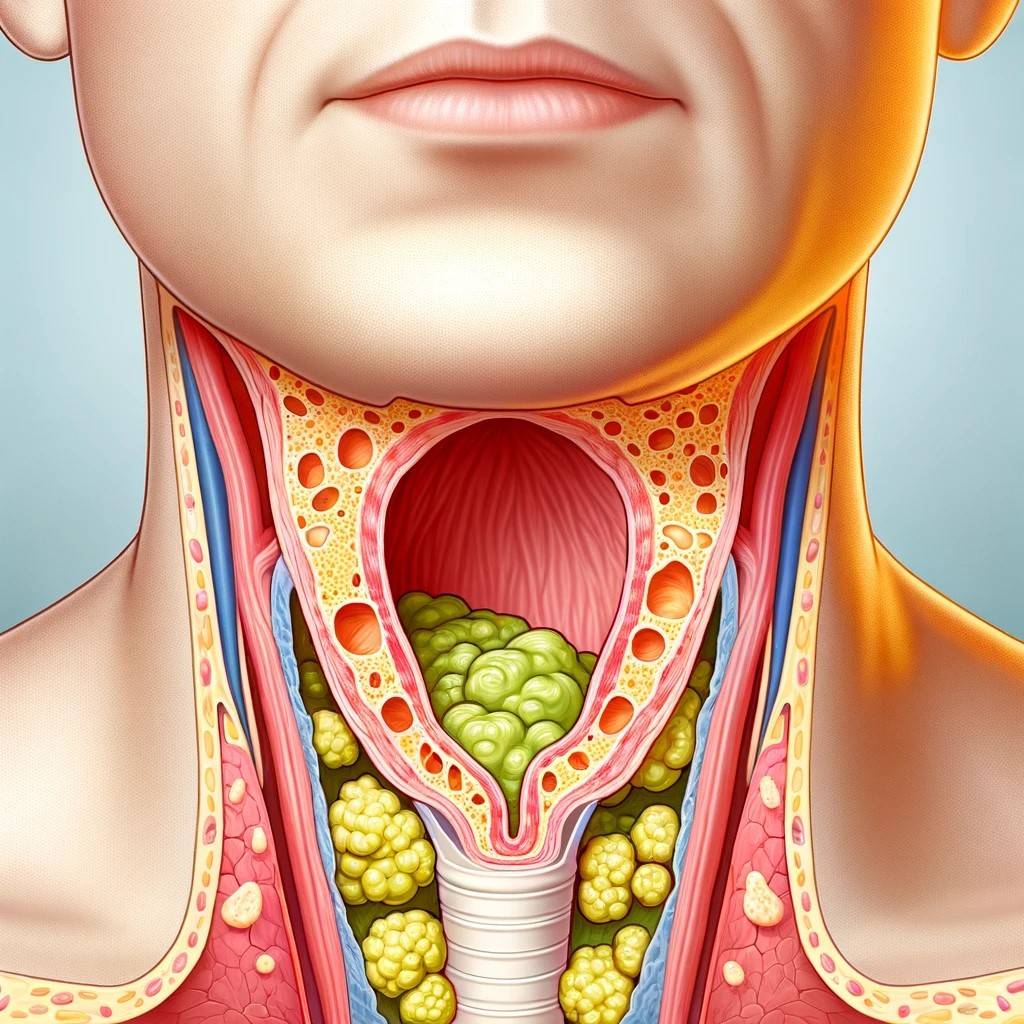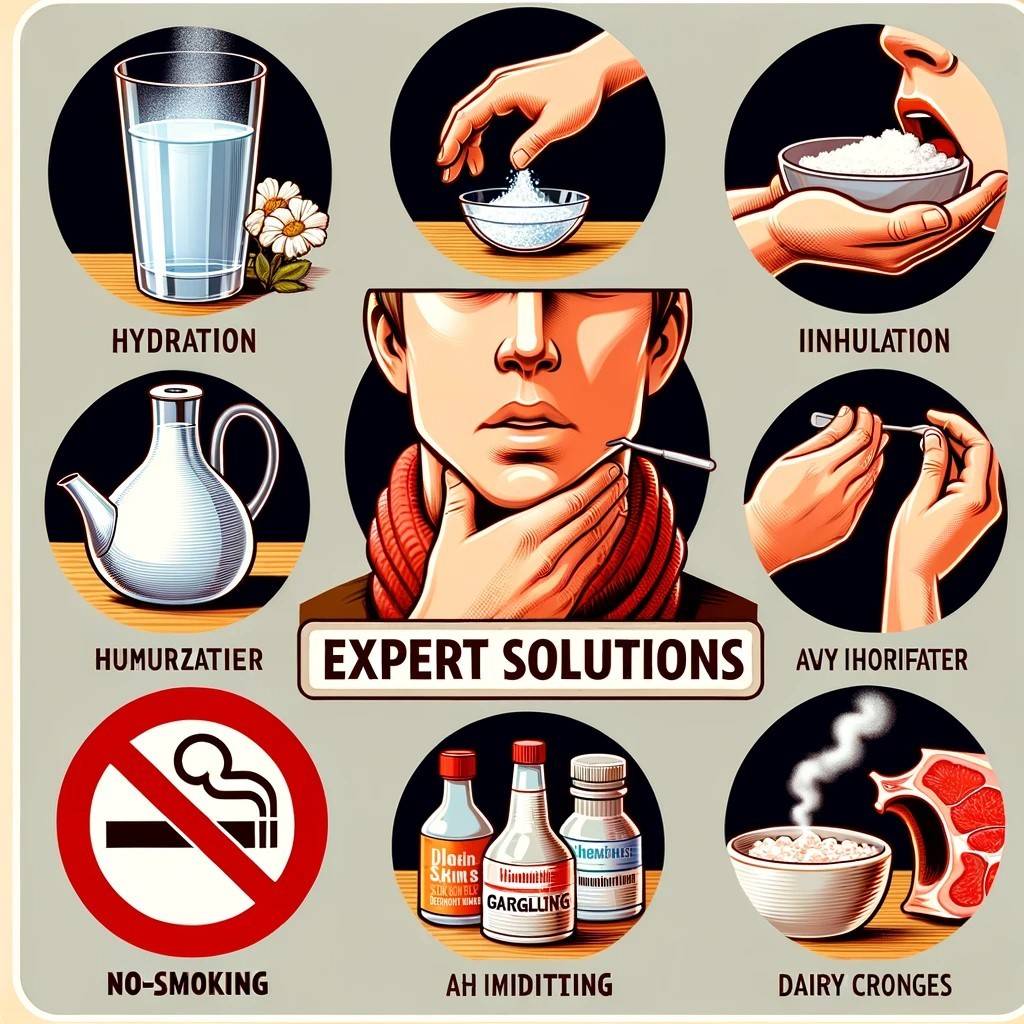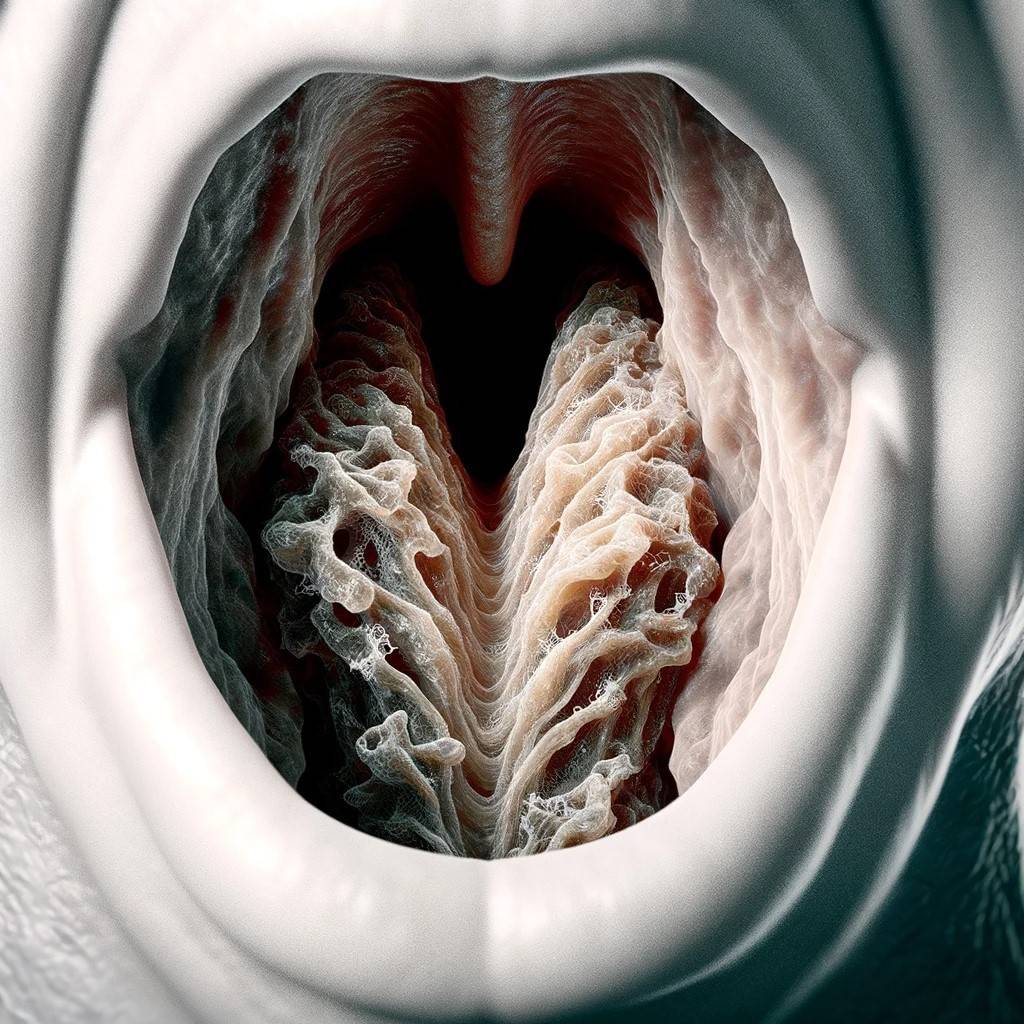Discover expert solutions and relief strategies for phlegm stuck in the throat for months. Get rid of persistent discomfort and breathe easily with our guidance.
Key Takeaways
| Issue | Expert Solution |
| Persistent Phlegm | Hydration, Gargling, and Humidifiers |
| Underlying Causes | Allergies, GERD, Infections |
| Professional Help | ENT Consultation, Allergy Testing |
| Home Remedies | Steam Inhalation, Saltwater gargling |
| Preventative Measures | Avoid Irritants, Dietary Changes |
Introduction
Having phlegm stuck in your throat can be a bothersome and often uncomfortable experience. When this persists for months, it’s not only irritating but could also signal an underlying health issue. This article aims to provide expert solutions for those who have been dealing with Phlegm Stuck in Throat for Months, offering insights into causes and effective remedies.
What is Phlegm?

Phlegm is a sticky substance your body makes to protect and support your respiratory system. It’s not just a sign of sickness but also a tool your body uses to trap and get rid of germs and dust from your lungs and airways. When you are sick, your body makes more phlegm to fight off the illness, which can include dead germs and immune cells. So, it’s not made of dying viruses, but it helps to clear them out when you cough.
Understanding Phlegm: Why It Gets Stuck in Your Throat

Phlegm is a type of mucus produced by the respiratory system, not usually noticeable unless you’re sick or it’s present in large amounts. When phlegm lingers in your throat for an extended period, it’s often a sign that your body is fighting off an irritant or infection.
Common Causes of Persistent Phlegm
Allergies: Triggered by pollen, dust, or pet dander, causing mucus production.
Infections: Bacterial or viral infections like colds, flu, or sinusitis.
Irritants: Smoke, pollution, or chemical fumes.
Gastroesophageal Reflux Disease (GERD): Stomach acid rising into the throat.
Dehydration: Insufficient fluid intake thickens mucus.
Medications: Certain drugs can increase mucus production.
Expert Solutions to Clear Phlegm from Your Throat

When dealing with persistent phlegm, there are several strategies you can employ. Here’s a list of expert-recommended solutions:
Stay Hydrated: Drink plenty of fluids to thin mucus.
Steam Inhalation: Use a steam bowl or a hot shower to loosen phlegm.
Saltwater Gargle: Gargling with salt water can provide relief.
Humidifiers: Add moisture to the air to prevent mucus from drying.
Avoid Irritants: Stay away from smoke and pollutants.
Dietary Changes: Reduce dairy intake, which can increase mucus production.
Table 1: Home Remedies for Phlegm Relief

| Remedy | Method | Frequency |
| Steam Inhalation | Inhale steam from a bowl of hot water | 2-3 times daily |
| Saltwater Gargle | Gargle with warm saltwater | Several times a day |
| Honey and Lemon | Mix in warm water and drinks | Twice daily |
| Herbal Teas | Chamomile or ginger tea | As needed |
When to Seek Medical Attention
It’s crucial to consult a healthcare provider if:
The phlegm lasts for more than a month.
You experience difficulty breathing.
Phlegm is accompanied by fever, chest pain, or wheezing.
Specialist Interventions
An Ear, Nose, and Throat (ENT) specialist can provide tailored treatments after proper diagnosis, which may include:
Allergy Testing: To identify specific allergens.
Antibiotics: If a bacterial infection is the cause.
Acid Suppressants: For GERD-related phlegm.
Prevention Measures for Phlegm Stuck in Throat for Months
To prevent the recurrence of phlegm in your throat, consider the following:
Avoid Allergens: Use air purifiers and hypoallergenic bedding.
Quit Smoking: Tobacco smoke is a major irritant of the respiratory system.
Monitor Diet: Notice if certain foods trigger mucus production.
Long-Term Management of Chronic Phlegm
Dealing with Phlegm Stuck in Throat for Months requires not only immediate relief but also a strategy for long-term management. Chronic respiratory conditions like asthma, chronic bronchitis, and chronic obstructive pulmonary disease (COPD) can contribute to the ongoing production of phlegm.
Lifestyle Adjustments for Respiratory Health
Making lifestyle changes can have a significant impact on reducing phlegm production:
Exercise Regularly: Improves lung capacity and mucus clearance.
Stay Hydrated: Essential for thinning mucus for easier expulsion.
Balanced Diet: Rich in fruits, vegetables, and anti-inflammatory foods.
Table 2: Dietary Do’s and Don’ts for Managing Phlegm
| Do’s | Don’ts |
| Increase spicy foods that can thin mucus | Avoid dairy if it increases phlegm for you |
| Eat honey for its antibacterial properties | Limit sugar, which can promote inflammation |
| Incorporate vitamin C-rich foods to boost immunity | Reduce caffeine and alcohol, which can dehydrate |
Recognizing the Impact of Environmental Factors
Environmental factors such as air quality can greatly affect respiratory health. Here are some tips for minimizing exposure to harmful elements:
Use Air Filters: High-efficiency particulate Air (HEPA) filters can trap allergens.
Maintain Cleanliness: Regular dusting and vacuuming reduce irritants.
Monitor Humidity: Too much moisture can encourage mould growth, while too little can dry out the airways.
When Home Remedies Aren’t Enough
Sometimes, despite your best efforts, home remedies may not be enough to clear Phlegm Stuck in Throat for Months. In such cases, it is imperative to seek medical advice. Healthcare professionals might recommend:
Pulmonary Rehabilitation: A program to help manage chronic lung diseases.
Immunotherapy: Allergy shots or tablets for long-term allergy management.
Surgery: In rare cases, for anatomical issues like a deviated septum.
Conclusion: Taking Control of Your Respiratory Health
Persistent phlegm can be more than just an annoyance; it can be a sign of a deeper health issue. By understanding the causes and exploring both home remedies and medical interventions, you can take proactive steps toward clearing your throat of phlegm. Remember, if you have Phlegm Stuck in Throat for Months, it’s not something you have to live with indefinitely. With the right approach, you can find relief and improve your quality of life.
Don’t hesitate to consult with a healthcare provider if you’re dealing with persistent phlegm. Your journey to better respiratory health starts with taking that first step toward understanding and action.
FAQs about Phlegm Stuck in Throat for Months
Is it normal to have mucus in the throat for months?
Well, while it’s pretty common for everyone to have a bit of mucus in their throat now and then, especially during a cold, having it stick around for months isn’t typical. Our throats naturally produce mucus every day, but it rarely bothers us or even get noticed when we swallow.
However, if you find that you’ve got Phlegm Stuck in Throat for Months, it might be a sign to check in with a doctor. It’s like if your nose was runny for a long time, you’d want to find out why, right?
How do I get rid of stubborn phlegm in my throat?
To tackle that pesky phlegm, start with the basics: stay hydrated with plenty of fluids, and try inhaling steam from a hot shower or a bowl of hot water to loosen things up. Gargling salt water can also be effective – it’s like giving your throat a good cleanse.
And hey, don’t underestimate the power of a good, spicy meal to thin the mucus. But if home remedies don’t cut it, it’s an idea to see a healthcare pro.
Why do like I have mucus stuck in my throat all the time?
That feeling can be super annoying, like there’s a little blob that just won’t budge, right? It might be because of allergies, irritants in the air, or even foods that your body isn’t too happy with. Also, conditions like acid reflux can sneak up on you and cause that mucusy feeling. Think of your throat as a sensitive place that lets you know when it’s not happy with something going on inside or around you.
What happens if phlegm doesn’t go away?
If that phlegm is really playing the long game and sticking around, it’s not something to ignore. It could be hogging the space in your throat because of ongoing inflammation or infection, and sometimes it’s linked to more chronic conditions like asthma or COPD. It’s kind of like a persistent house guest; if they don’t leave, you might need some extra help to show them the door – that’s when a doctor can step in.
What is the best medicine for mucus in the throat?
The “best” medicine can depend on what’s causing the mucus traffic jam in your throat. Over-the-counter decongestants can help clear that mucus, and mucolytics can break it down so it’s easier to clear. But the best approach is to figure out the ‘why’ behind the mucus. A doctor might suggest allergy meds if it’s allergy-related or something to reduce acid if it’s reflux.
What medicine is good for phlegm?
For medicine, you’ve got a couple of go-tos. Expectorants like guaifenesin are pretty good at thinning the phlegm, making it easier to cough up and say goodbye to. Antihistamines can come to the rescue if allergies are to blame by dialling down the mucus production. And if a bacterial infection is the culprit, antibiotics might be the ticket. But remember, it’s best to get advice from a healthcare provider to find the right match for you.
Remember, these answers are a starting point, but they’re not a replacement for professional medical advice. If Phlegm Stuck in Throat for Months is something you’re dealing with, it’s always wise to get it checked out by someone with a stethoscope and a medical degree.

Adel Galal is a health and wellness writer with over 30 years of experience studying and writing about health, fitness, nutrition, and healthy living. He is the founder of NextFitLife.com, where he shares practical, evidence-based guidance to support long-term health at any age. Adel’s mission is simple:
to help people make smarter health choices that fit real life, at any age.



